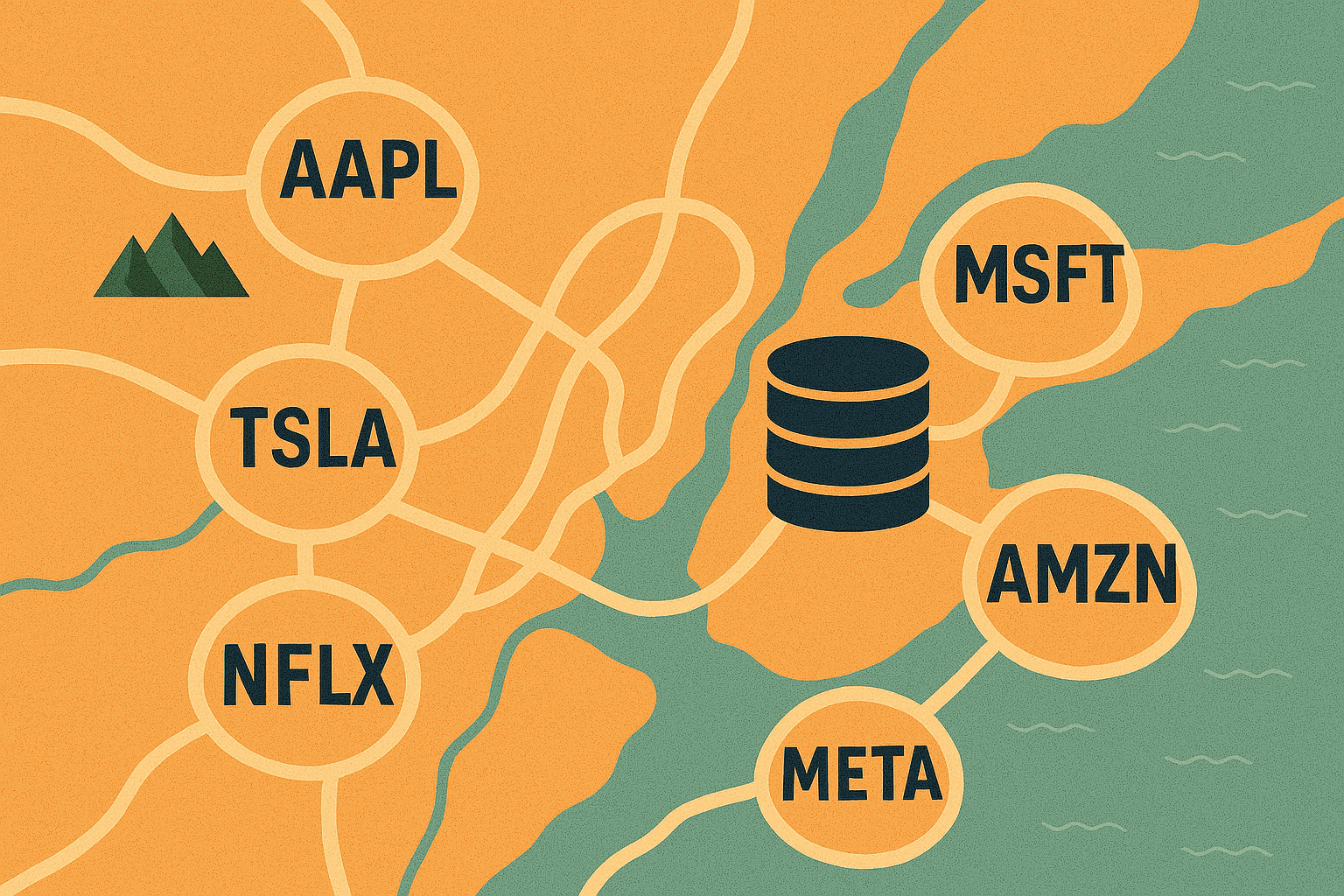Congressional stock trading has come under scrutiny in recent years as over 100 members of Congress made around 11,000 trades in 2023 with a total value of over 1 billion USD according to Unusual Whales, a financial data platform. Interestingly, these trades have consistently outperformed the broader market. In 2023, the average returns of Democrats reached 31.18%, while Republicans saw 17.99% average returns, compared to the S&P 500’s return of 24.23%.
The trading activities of lawmakers often raise ethical concerns, particularly when trades coincide with legislative activities. Notably, during the negotiations of the CHIPS and Science Act, lawmakers including former House Speaker Nancy Pelosi traded stocks like Nvidia. Similarly, Senator Tommy Tuberville traded corn futures while serving on the Agriculture Committee.
Despite public support for banning congressional stock trading to prevent such conflicts, legislative efforts to enforce stricter regulations have yet to gain significant traction. In this article, we will discuss the impact of lobbying, cover legal precedents, potential new regulations, and insights alternative data can provide.
Active Traders and Sector Preferences
Some of the most active traders in 2023 included Representatives Daniel Goldman, Josh Gottheimer, and Tommy Tuberville according to Quiver Quantitative (see Figure 1 below). Their trading volumes had a wide range with Gottheimer’s estimate going up to 85 million USD.

Figure 1: Most Active Congressional Traders in 2023 (Source: Quiver Quantitative)
The sectors that attracted the most interest from congressional traders included technology, healthcare, energy, financial services, and defense. Companies such as Microsoft, Apple, and Alphabet were consistently among the most bought and sold stocks. Quiver Quantitative delivers detailed analysis for each member of congress (see Figure 2 below for an example).

Figure 2: Analysis of Democrat Josh Gottheimer’s Trades (Source: Quiver Quantitative)
Quiver Quantitative also developed a “Congress Long-Short” strategy that goes long for stocks purchased by U.S. Congress members or their families and shorts stocks which have been sold by them. The strategy rebalances on a weekly basis and is weighted based on the reported size of the transactions. It uses leverage with 130% long exposure and 30% short exposure. Results are presented in Figure 3 below.

Figure 3: Congress Long-Short Strategy Metrics (Source: Quiver Quantitative)
Legislative and Lobbying Impact
Lobbying can significantly influence congressional stock trading through several mechanisms. Information asymmetry occurs when members of Congress receive non-public information from briefings and meetings, including those with lobbyists, about pending legislation, regulatory changes, or government contracts that could impact the stock prices of specific companies.
Although trading on non-public information is illegal under insider trading laws, the STOCK Act (Stop Trading on Congressional Knowledge Act of 2012) aims to prevent such abuses. However, enforcement and loopholes remain areas of concern. During the COVID-19 pandemic, media scrutiny focused on several US legislators who traded stocks from late January to February 2020, potentially anticipating the pandemic’s market impact while downplaying it publicly.
Lobbyists can also provide detailed insights and forecasts about industry trends that might not be available to the public. In 2021, Unusual Whales released a report on lobbying influence on congressional trading revealing that Congress members were more likely to trade stocks of companies that lobby them.
It was estimated that members of Congress traded shares of over 900 companies that year and more than 400 of those actively lobbied Congress during the year. One example that Unusual Whales highlighted was the case of FuelCell Energy which spent 120,000 USD lobbying to get tax credits. Rep. Austin Scott bought shares of this company for 2 USD in October 2020 and made a nearly 800% return when he sold them in 2021.
Glimpse, a data vendor providing congressional trade data, also highlighted several instances when members of Congress took unusually large positions in certain stocks. One Congressman made a 194% gain in only 129 days by investing in Quidel Corporation, a manufacturer of the first FDA-approved COVID-19 testing kit. The reason why Glimpse pointed this transaction out is because the trade was made right before the US went into lockdown.
Despite the law’s requirement for prompt public disclosure of trades by lawmakers, their spouses, or dependent children, many have not complied, citing reasons like ignorance, clerical errors, and accountant mistakes. Violations typically result in small fines, often waived, leading to calls for stricter penalties or a ban on stock trading by federal lawmakers.
In July 2023, Senators Kirsten Gillibrand and Josh Hawley introduced the bipartisan Ban Stock Trading for Government Officials Act in an effort to ban stock trading and ownership by members of Congress, senior executive branch officials, and their families. The bill, which includes stringent bans and disclosure requirements, aims to prevent conflicts of interest and increase transparency.
A Closer Look at Lobbying Data
Lobbying data provides insights into the activities, expenditures, and influence of lobbyists and lobbying firms on government policies and decision-making processes. This data is crucial for understanding how advocacy and influence are exercised within the political system. Central to this data are detailed records of lobbying activities, including meetings, communications, and other interactions by lobbyists. These activities are documented to provide insight into the methods and objectives of lobbying efforts.
Financial expenditures are another critical component, with comprehensive reports detailing money spent by lobbyists and their clients. These reports include breakdowns by purpose, such as direct and grassroots lobbying, offering a clear view of how financial resources are allocated to different lobbying strategies.
Further essential elements of lobbying data include information on the specific legislation and policy issues targeted by lobbying efforts. This includes detailed descriptions of bills, regulations, and policy issues, as well as the positions or arguments presented by lobbyists. Such information sheds light on the priorities and strategies of various interest groups.
LobbyingData.com is an example of a vendor that turns government information into user-friendly and adaptable datasets. With over 1.6 million lobbying contracts, 13,000 firms, 109,000 entities, and 78,000 lobbyists in their database, it’s one of the most comprehensive sources of lobbying information available. Lobbying data is collected and aggregated from the U.S. Senate Office of Public Records from 1999-present and is updated on a regular basis.
Conclusion
Numerous reports reveal that congressional trades frequently involve companies lobbying Congress, highlighting the need for stricter enforcement and regulation. With over 100 members of Congress making significant trades, often outperforming the broader market, questions arise about information asymmetry. High-profile trades during legislative negotiations and impressive returns underscore these concerns. Despite public support for stricter regulations, efforts like the Ban Stock Trading for Government Officials Act face challenges in gaining traction, although they aim to enhance transparency and prevent conflicts.





